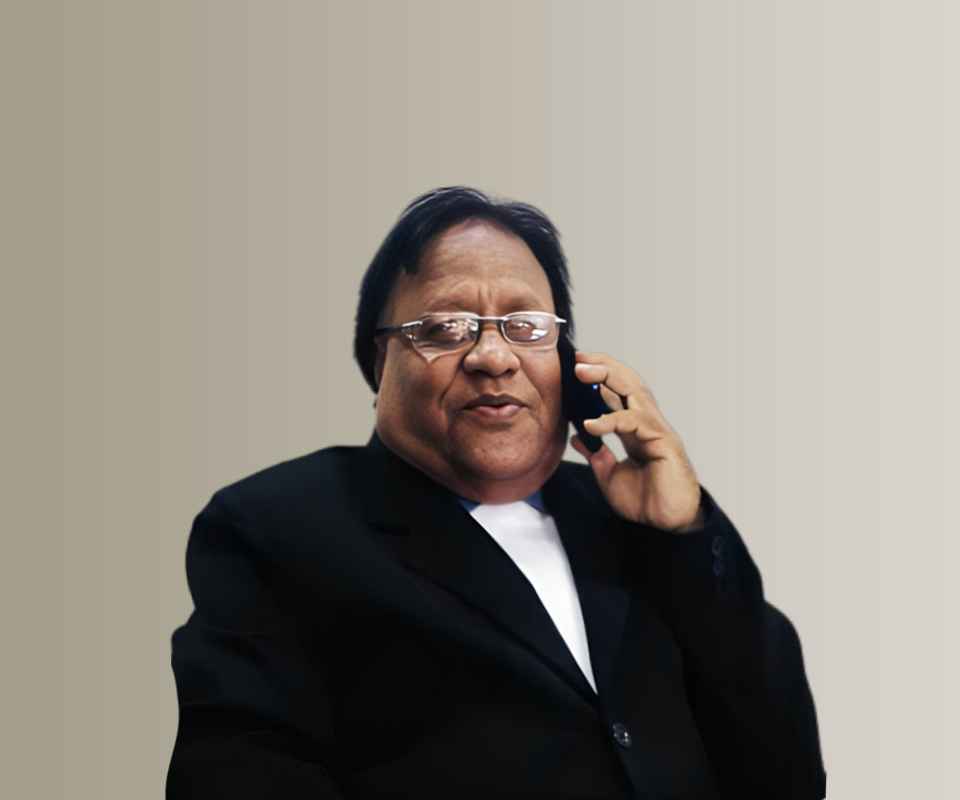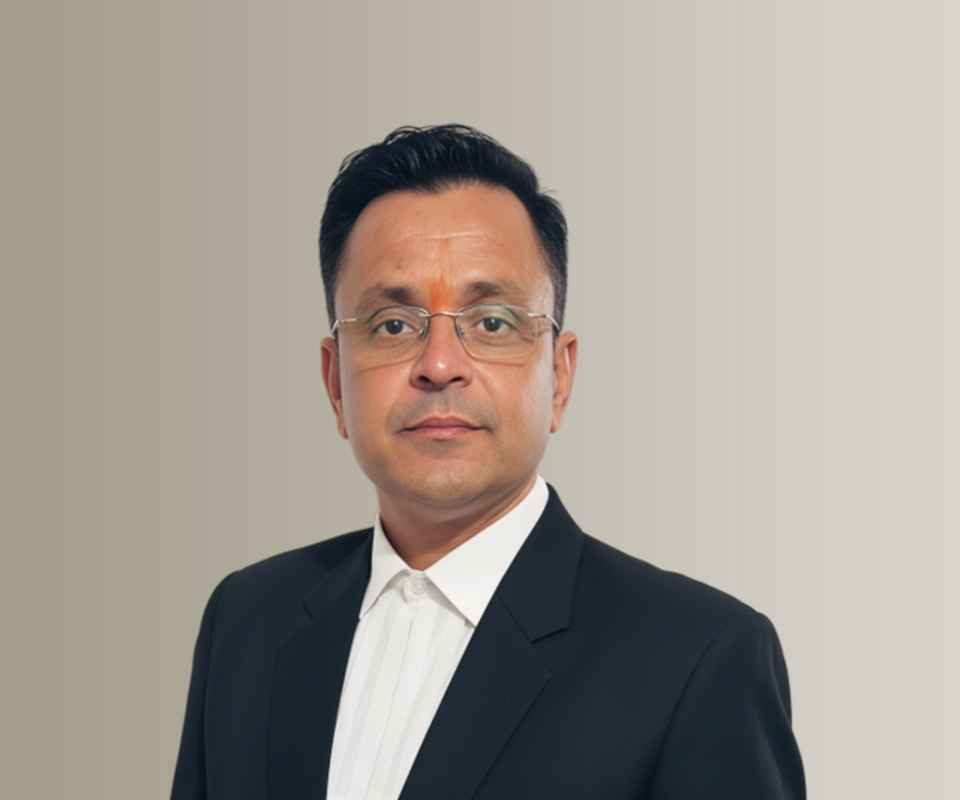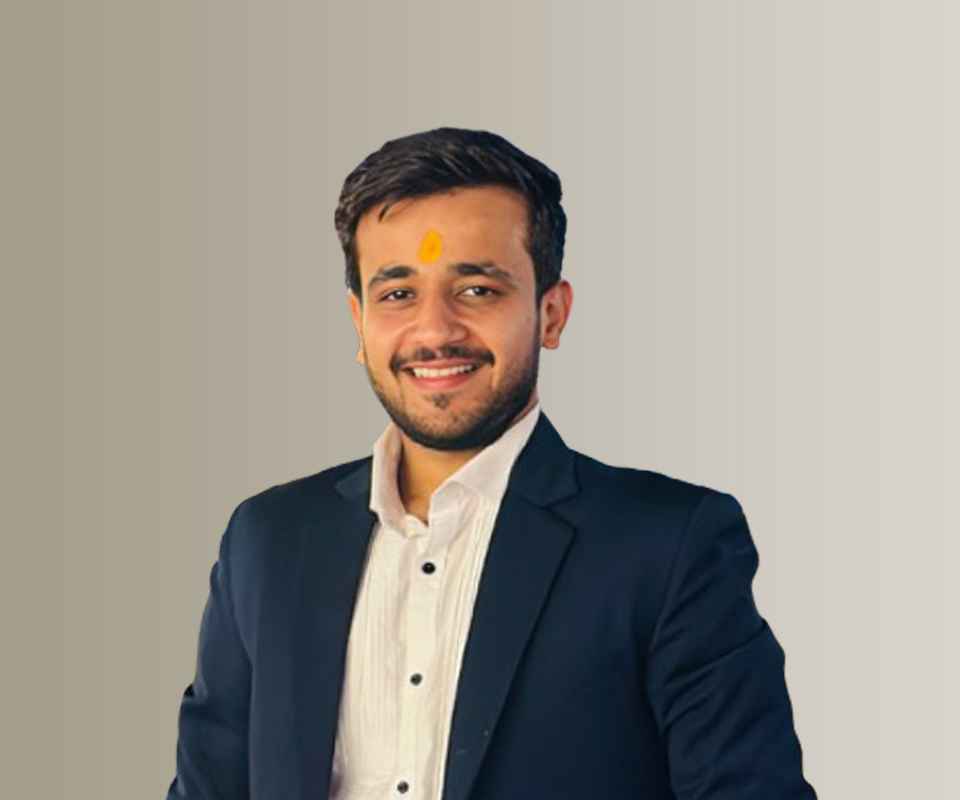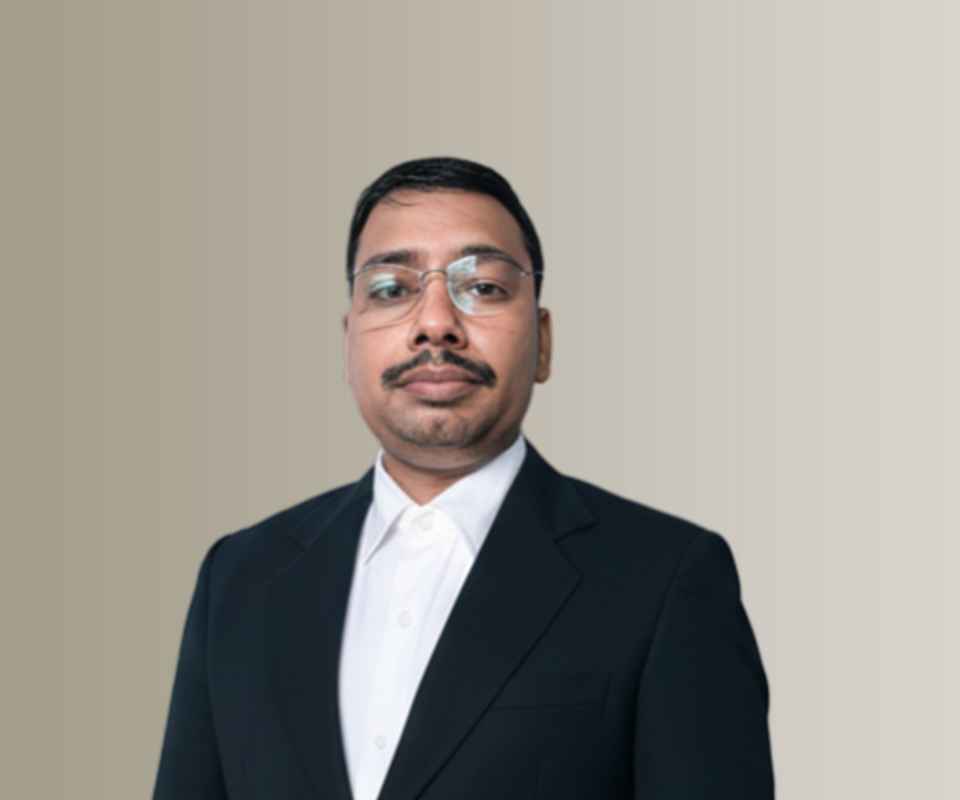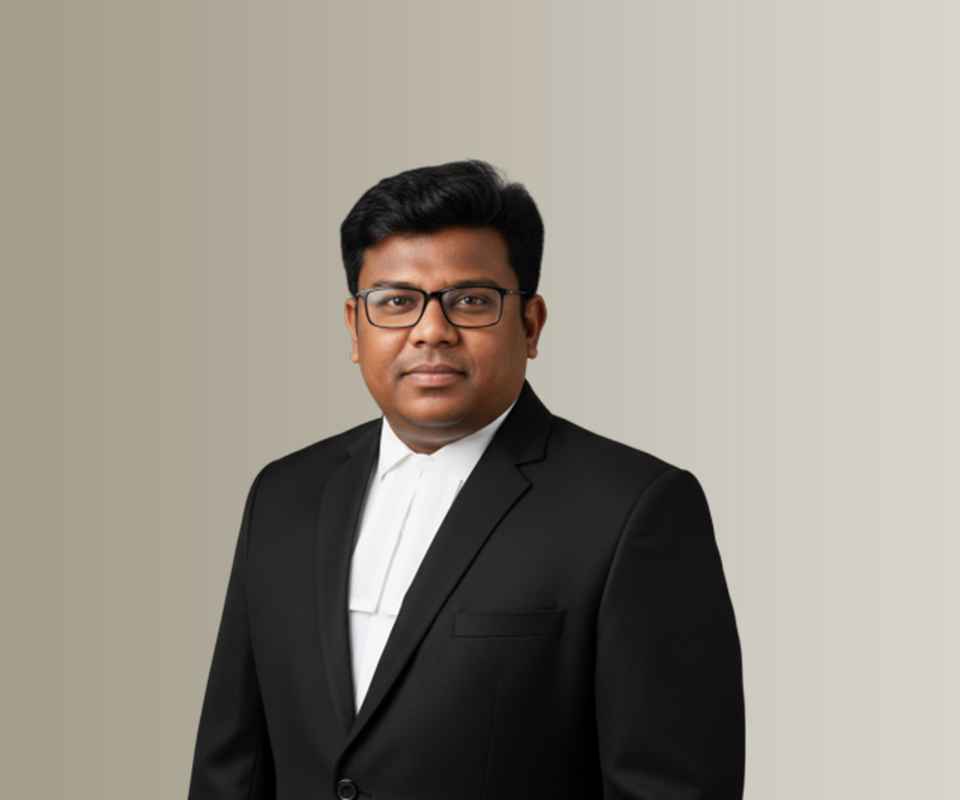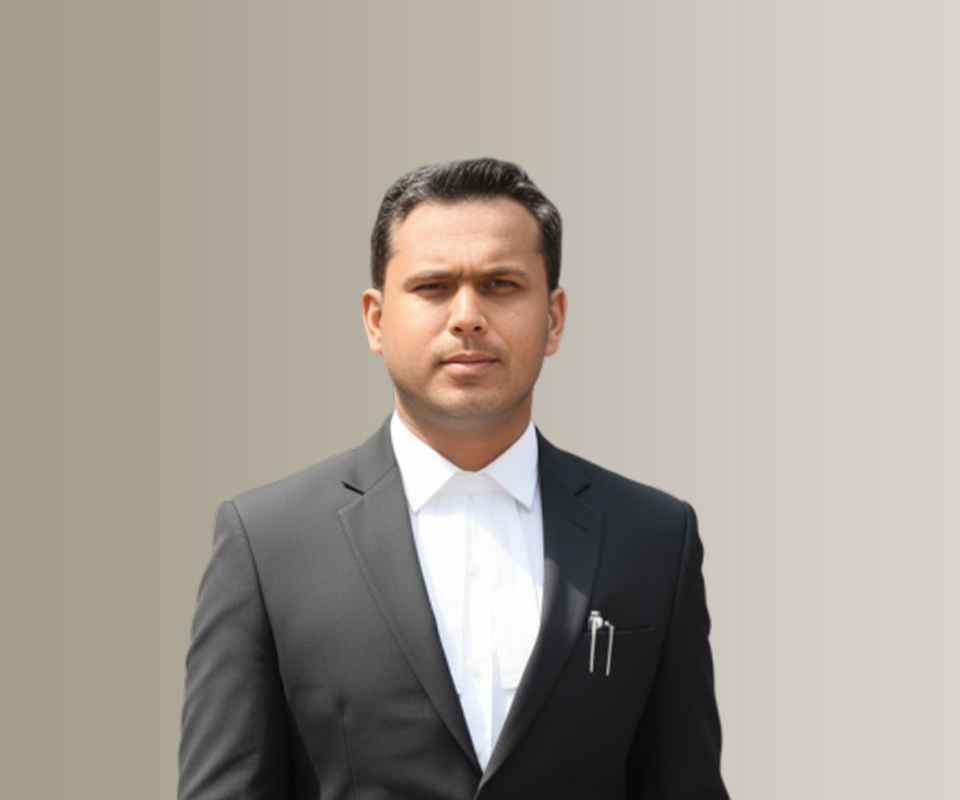Answer By law4u team
India is a founding member of the World Trade Organization (WTO), and it plays a proactive and strategic role in shaping global trade policies. India uses the WTO as a platform to protect its national economic interests, promote development concerns, and advocate for fair trade rules, especially for developing and least developed countries. 1. Founding Member Status: India became a member of the WTO on 1 January 1995, the day it was established, and was earlier a member of its predecessor, the General Agreement on Tariffs and Trade (GATT) since 1948. As a founding member, India has been actively involved in the formulation and negotiation of various WTO agreements. 2. Key Principles India Supports in WTO: Special and Differential Treatment (S\&DT): India advocates for greater flexibility for developing countries in implementing WTO commitments. Agricultural Subsidies: India supports the right of developing countries to provide subsidies to farmers for food security and rural development. Protection of Public Stockholding Programs: India is a strong proponent of safeguarding food procurement and distribution programs under the National Food Security Act, arguing that these do not distort global trade. Opposition to Unequal Market Access: India often resists pressure to fully open up its markets, especially in agriculture, services, and e-commerce, citing the need to protect domestic industries and livelihoods. 3. Role in WTO Negotiations: India has been a vocal participant in all major WTO rounds, especially: Doha Development Round: India strongly supports this initiative aimed at addressing the concerns of developing countries. Bali and Nairobi Ministerial Conferences: India played a key role in ensuring the continuation of food security subsidies and pushed for a permanent solution. India often forms alliances like the G33, G20, and Like-Minded Developing Countries (LMDC) to present a united front with other developing nations. 4. Disputes and Compliance: India has been both a complainant and a respondent in several WTO dispute settlement cases, such as: India–Solar Panels case (filed by the USA), India–Export Subsidies case, India–Agricultural Products case (against the USA). India respects the WTO’s dispute settlement mechanism and generally complies with its rulings, while also defending its domestic interests. 5. Emerging Issues: India has shown caution in WTO discussions on: E-commerce regulations, fearing digital colonialism. Investment facilitation, which could limit national regulatory freedom. Trade and environment, where India supports sustainable goals but resists green protectionism by developed nations. Summary: India's relationship with the WTO is rooted in its commitment to multilateralism, equitable global trade, and protection of development goals. While supporting trade liberalization, India consistently emphasizes the need for fairness, sovereignty, and space for developing countries to safeguard their economies and vulnerable populations.

